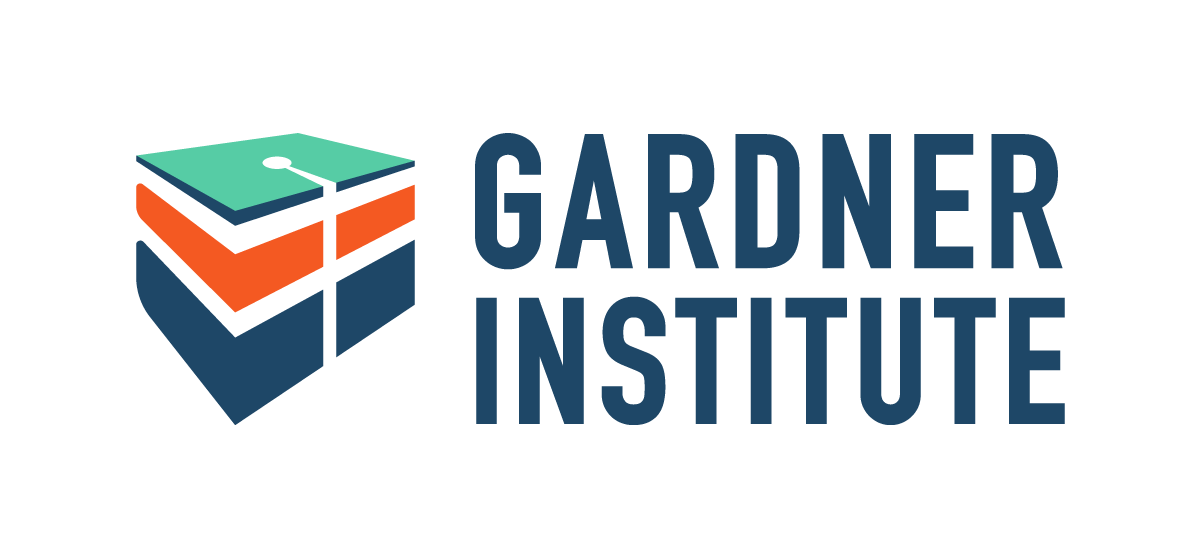September 28, 2024
Building Confidence as an Intern: Overcoming Imposter Syndrome
By Stone Montgomery
Working remotely as an intern has been a little nerve-wracking but also exciting for me as a senior in college in my first semester. On the one hand, I’m gaining practical experience that will help shape my future profession. However, there has been a persistent feeling of imposter syndrome that has caused me to question if I belong in my role. Do I have enough qualifications? What happens if I make a mistake? Should I ask a question about this term I have never heard before? Will my supervisor like my work? I’d like to say that I thought about these questions a lot.
Imposter syndrome is defined as the constant feeling that you’re not good enough, that people are only noticing your accomplishments because of chance, and that it will soon be apparent to them that you don’t belong- I mean that is a load in and of itself. It’s normal for interns to feel underqualified or nervous about their capabilities, particularly when they’re surrounded by more experienced workers. I have been focused on confidence-boosting to get over impostor syndrome, and as a pathway to succeed in this internship.
Acknowledging imposter syndrome as a collection of emotions rather than a looming reality is the first step towards conquering it. There are plenty of accomplished people who have acknowledged having imposter syndrome at some point in their careers, so you’re not the only one who feels this way- phew, what a relief?! Realizing that you’re not alone in having uncertainties can be incredibly validating. Acknowledge these emotions and do your best to push through rather than ignoring them. Remember that you are not expected to know everything right away and that you were selected for your internship based on your potential. Also, that vulnerability you feel can be used as fuel to engage with new people, do more research, sharpen your iron and improve your skills. A key first step toward boosting your confidence is acknowledging where you are in your learning process.
Accepting the learning curve is one of the most important things I’ve learned. It’s common for remote interns to have feelings of disconnection and self-doubt when working on assignments alone. However, no one expects interns to know all the answers-this is one of those times in your life where you are afforded the space to figure it out. Indeed, the goal of internships is development, building relationships, and refining your skills. My confidence has gradually begun to grow once I changed my perspective from one of “I need to be perfect” to one of “I’m here to learn.”
Because remote work loses the structure of an office setting, it can occasionally feel isolating. Fighting imposter syndrome has been greatly helped by continuing to set small, achievable goals and sticking to my weekly planning for my schedule (see blog post 1 for reference). I make a list of things I want to get done every week, including learning a new tool, getting better at communicating with my supervisor, or finishing a project by the due date. No matter how minor the task, every accomplishment boosts my confidence. Celebrating these accomplishments is also crucial- don’t just move on to the next assignment without taking a moment to be proud of yourself. Reflecting on what I have been able to complete while still keeping an eye on what’s ahead—even in a remote setting—has made it clear to me that I am capable and do belong in this role.
Although I am remote, I’m making an effort to build connections with my supervisor. Weekly check-ins via Zoom have made me feel more supported and connected. Getting advice from my mentor and raising questions when I’m hesitant have also been important throughout this process. It’s critical to keep in mind that everyone wants you to succeed and that asking for support is not a sign of weakness. In addition, leaning on my friends, classmates, and professors has been invaluable. They remind me that I’ve worked hard to get where I am, and their encouragement has helped me push through moments of doubt.
It takes time and effort to overcome imposter syndrome; it doesn’t happen overnight. I’m trusting myself more, and embracing the obstacles I face every day. I’ve come to understand that confidence is more about believing in your ability to solve problems rather than possessing all the answers. I’m discovering that you can combat imposter syndrome with openness, a strong support system, and a growth mindset.
Stone Montgomery
Class of 2025
Blog Post #2

